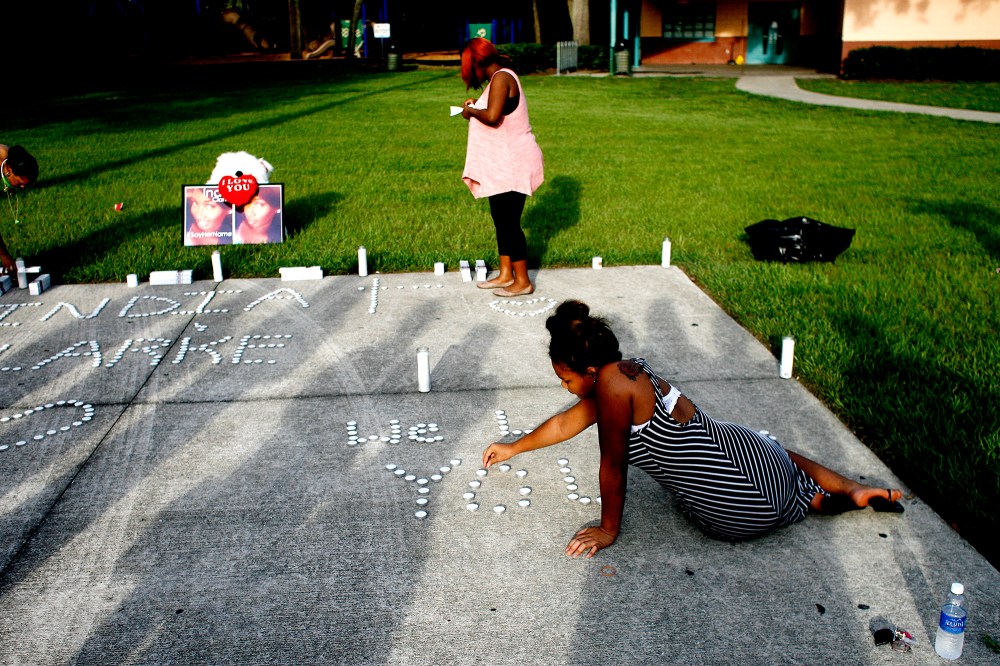India Clarke, a twenty-five year old cosmetology student, was found beaten to death at University Area Community Center in Tampa on Tuesday—becoming at least the tenth trans woman we know of to be murdered so far in 2015.
While we still don’t know who killed India or why, we know that she faced incredible hurdles since transitioning four years ago. According to friends and family, it seems no one in Tampa wanted to hire a transgender woman like India; she relied on the love and support of her parents and at times resorted to sex work to get by.
%22We%20cannot%20know%20if%20a%20non-discrimination%20bill%20could%20have%20done%20anything%20to%20make%20India%20Clarke%20less%20vulnerable%20to%20being%20killed%20at%2025%2C%20but%20it%20would%20likely%20have%20helped%20her%20get%20a%20job%20and%20further%20her%20education.%22′
She attended community college, but faced barriers there as well—the school would only use her male legal name. She had been out of school for four months, but planning to return. Now she will never get the chance.
India’s murder and the murder of so many others is a stinging reminder that for many LGBT people, social stigma and discrimination create not only economic barriers but also vulnerability to deadly violence. This violence has many causes and disproportionately affects transgender people, especially poor people of color.
Like other movements, basic anti-discrimination laws are a key part of ensuring equality and opportunity for LGBT people. Today, members of Congress introduced the much-anticipated Equality Act, which would update historic civil rights laws to protect LGBT people from bias in the workplace, housing, education, and in everyday situations like riding a bus or shopping in a store.
Discrimination in any of these areas can sidetrack any trans person from the life they should lead, causing joblessness, homelessness, and helplessness. More than three-fourths of respondents in the 2011 National Transgender Discrimination Survey reported experiencing workplace discrimination. And 90% of all the respondents said they had experienced disrespect, discrimination or violence in some critical aspect of life including employment, housing, and public accommodations.
RELATED: Which #BlackLivesMatter? The killings no one’s talking about
Today, only 19 states and the District of Columbia have clear LGBT nondiscrimination protections in employment and housing on the books. This patchwork of protections means LGBT Americans constantly live in fear of discrimination — a significant contributing factor in the violence so many trans people face every day. That’s why the National Center for Transgender Equality has helped develop and is very excited to support the new Equality Act.











